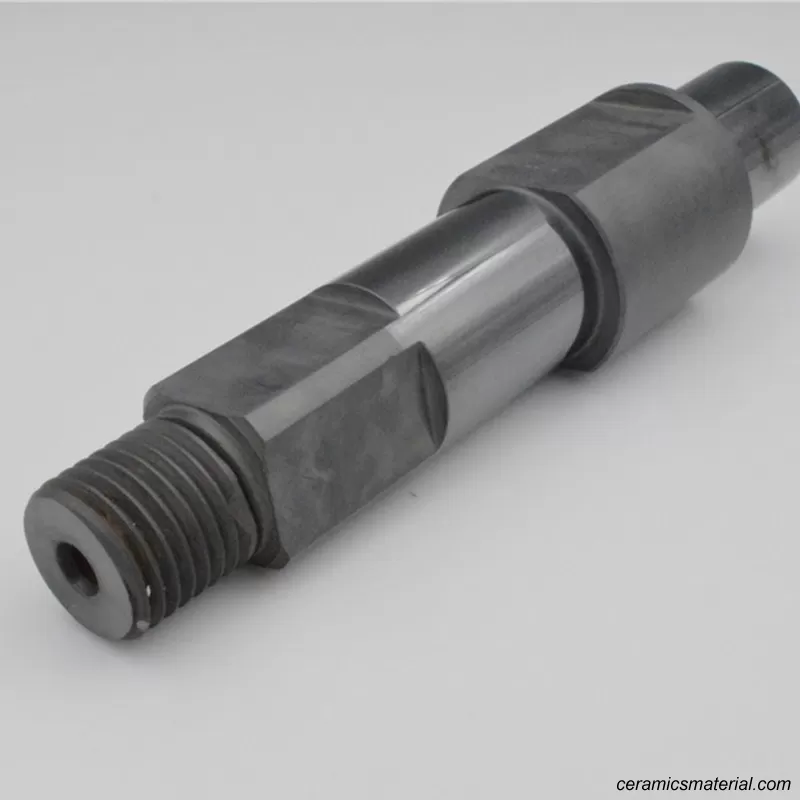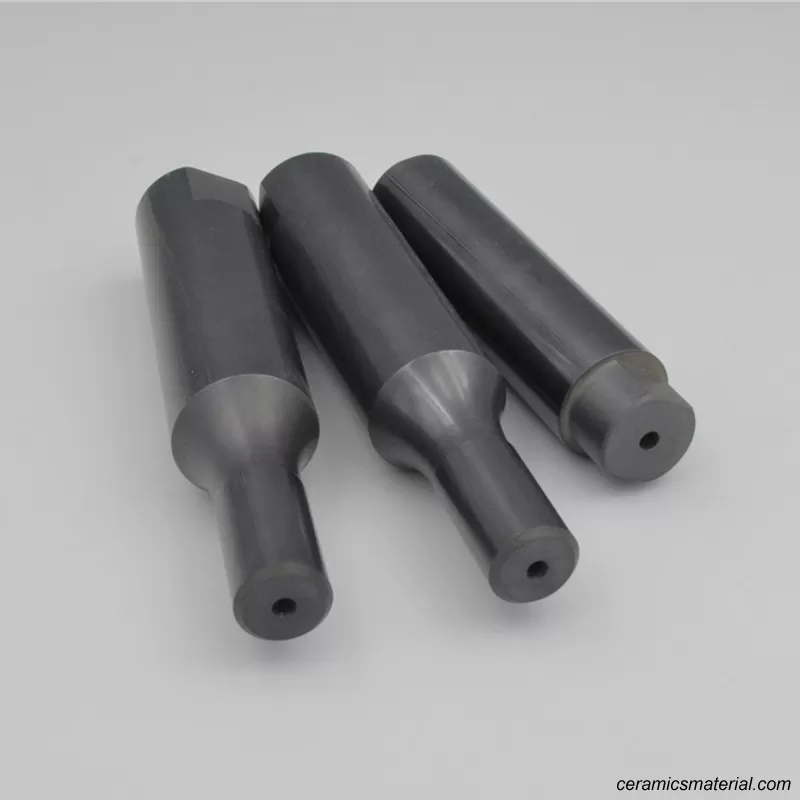Introduction to the manufacturing process and application market of precision ceramic structural parts
Precision ceramics, also known as advanced ceramics or high-performance ceramics, are materials with excellent properties such as high hardness, high strength, high wear resistance, high temperature resistance, and corrosion resistance. They are usually composed of non-metallic compounds such as oxides, nitrides and carbides, and are made through fine powder processing, molding, sintering and other processes. Precision ceramic structural parts are widely used in many fields. The following will introduce their production process and application market in detail.

Craftsmanship
1. Powder synthesis and processing
Resolve resolution:Including chemical synthesis, physical synthesis, etc., the purpose is to prepare powder with high purity and uniform particle size distribution.
Powder handling:Improve the fluidity and dispersion of powder through ball milling, spray drying and other means.
2. Forming
dry press molding:Suitable for parts with simple shapes and high dimensional accuracy requirements.
Grouting:Suitable for parts with complex shapes and low dimensional accuracy requirements.
injection molding:Similar to plastic injection molding, it is suitable for small and medium-sized parts with complex shapes and high precision.
3D printing:It is an additive manufacturing technology that can manufacture ceramic parts with complex structures.
3. Sintering
High temperature sintering:Ceramic particles are bonded by high-temperature heating to form a dense structure.
Hot isostatic pressing sintering: performed under high temperature and high pressure, high-density ceramic parts can be obtained.
4. Subsequent processing
Sintered ceramic parts may need to be ground, polished, etc. to achieve the size and surface finish required by the design.
5. Quality inspection
Use various testing equipment, such as X-ray diffraction, scanning electron microscope, etc., to detect the density, structure, surface defects, etc. of ceramic parts.

Application market
1. Electronic industry
Circuit board substrates, integrated circuit packages, sensors, etc.
2. Aerospace
Engine components, thermal protection systems, satellite structural parts, etc.
3. Biomedicine
Artificial joints, dental repair materials, surgical instruments, etc.
4. Energy sector
Solar panels, fuel cells, high temperature resistant components in nuclear energy equipment, etc.
5. Automobile industry
Automobile exhaust purifiers, engine parts, friction materials, etc.
6. Others
High-end consumer goods, chemical equipment, abrasive materials, etc.
Precision ceramic structural parts play an important role in many key areas of modern industry due to their excellent performance. With the advancement of material science and improvement of manufacturing technology, the application scope of precision ceramics will be further expanded, and market demand will continue to grow.
Share the Introduction to the manufacturing process and application market of precision ceramic structural parts
Recent News
- Introduction and application of 95 alumina precision ceramic...
- Introduction to the characteristics, processes, and applicat...
- Introduction and application of alumina precision ceramics...
- Diversified applications of precision ceramic materials: fro...
- Comparing precision ceramic cleavers, diamond knives, and me...
- Advantages of precision ceramic dispensing valves compared t...
- What are the advantages of precision ceramic valves compared...
- What precision components can be made from precision ceramic...

